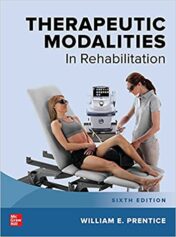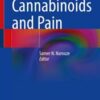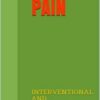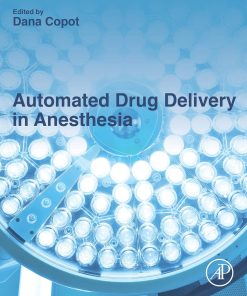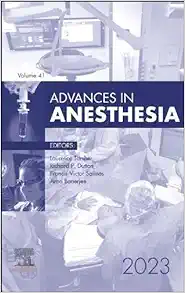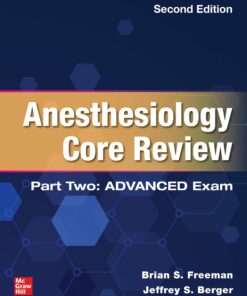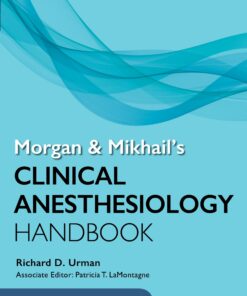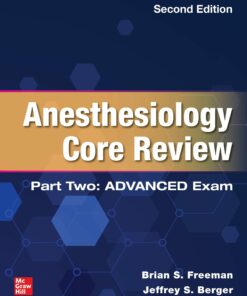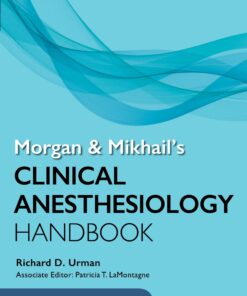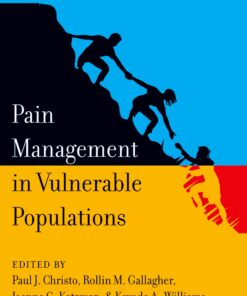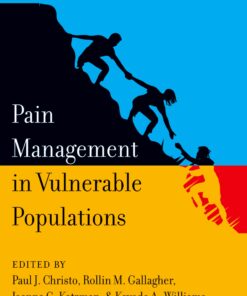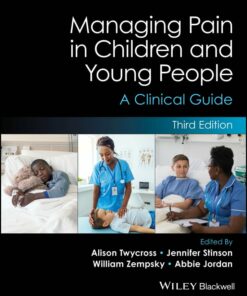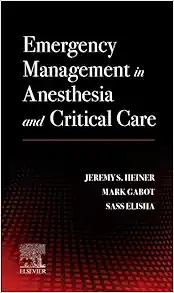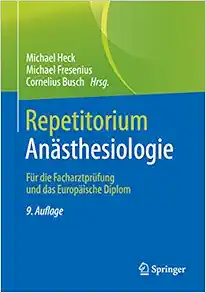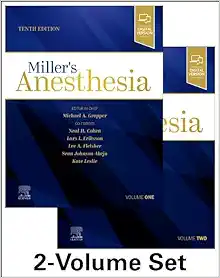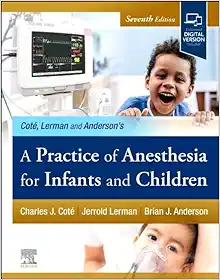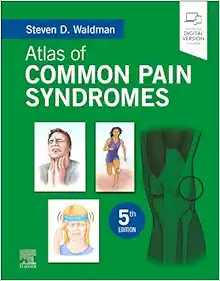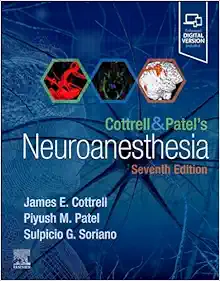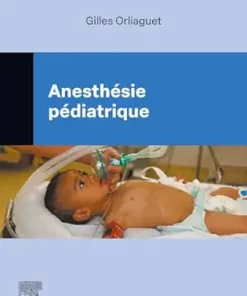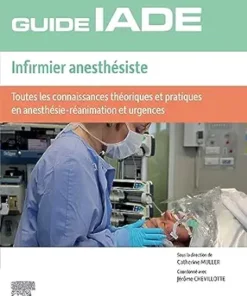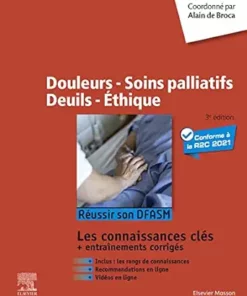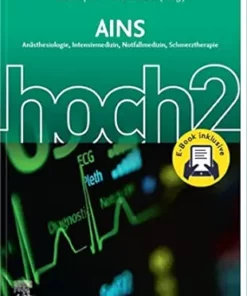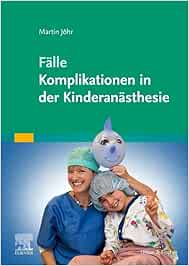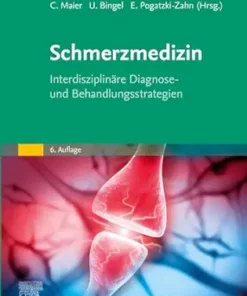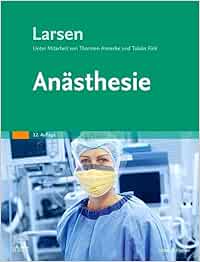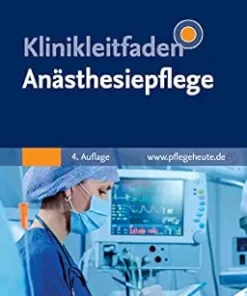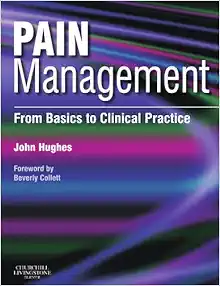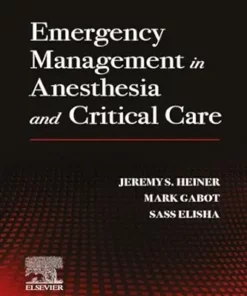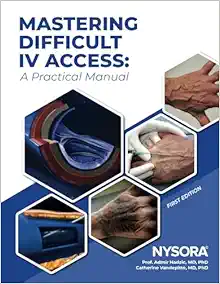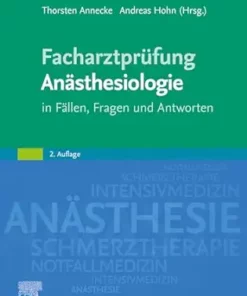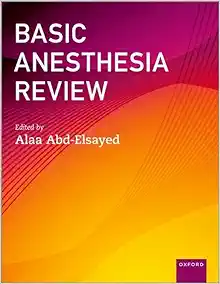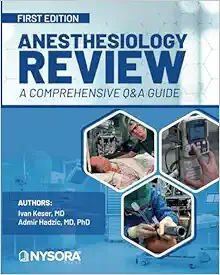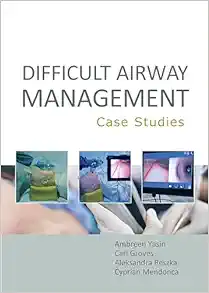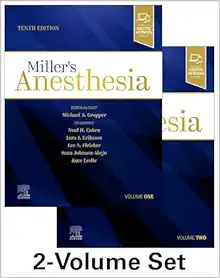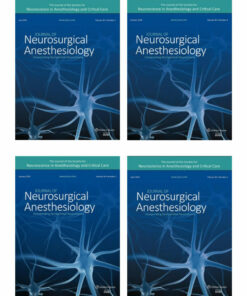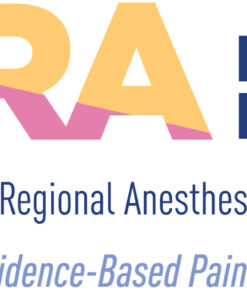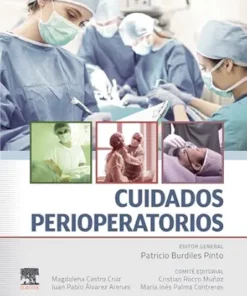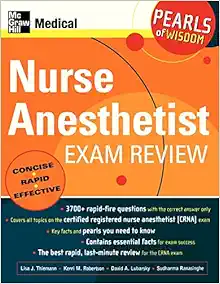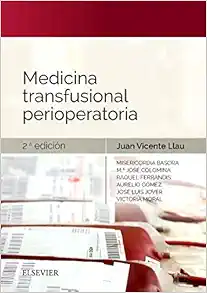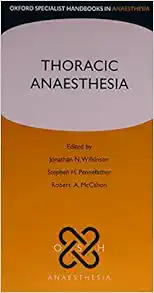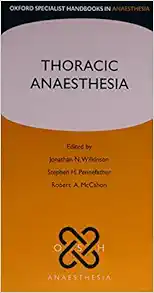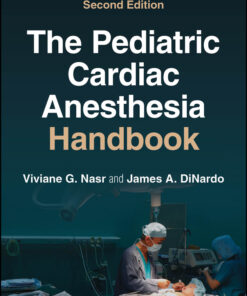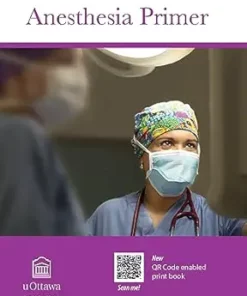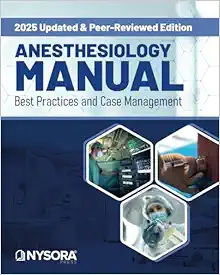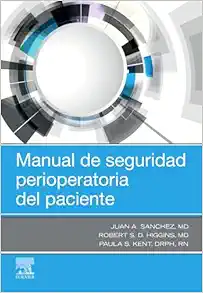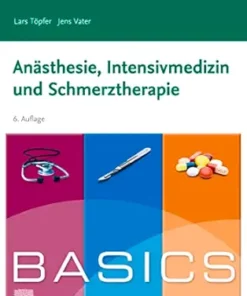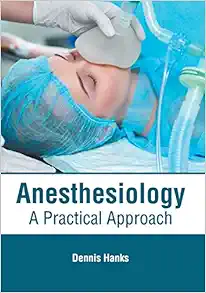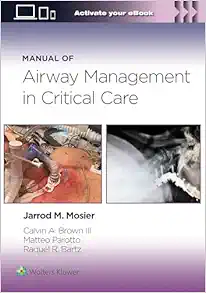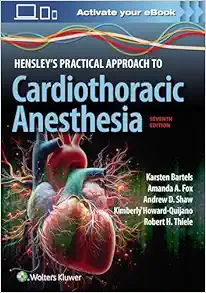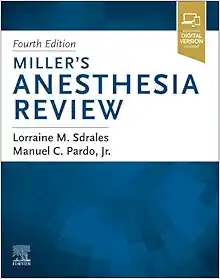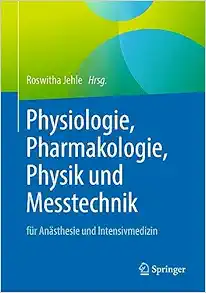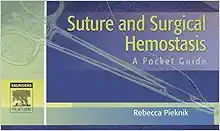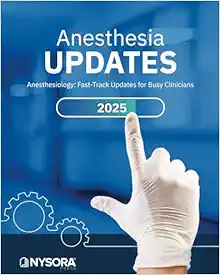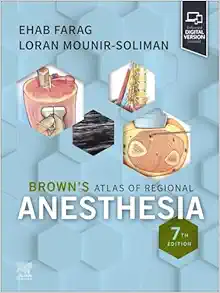This practically oriented guide presents the basic science and current best available evidence for each type of therapeutic modality used in physical rehabilitation. Here, clinicians will find the information needed to determine which modality will be most effective in a given situation to achieve optimal patient outcomes. Each chapter examines the physiologic basis for use, clinical applications, specific techniques of application through the use of related laboratory activities, and relevant individual case studies for each therapeutic modality.
Therapeutic Modalities in Rehabilitation, Sixth Edition is divided into six parts:
Part 1: Foundations of Therapeutic Modalities examines the scientific basis for using therapeutic modalities, classifies the modalities according to the type of energy each uses, and includes guidelines for selecting the most appropriate modalities for managing pain and for use in different phases of the healing process.
Part II: Electrical Energy Modalities discusses the principles of electricity, components of electrical and electrotherapeutic currents, treatment parameters, physiological responses to electrical current, iontophoresis, and biofeedback.
Part III: Thermal Energy Modalities focuses on modalities which produce a change in tissue temperatures through conduction and convection including thermotherapy and cryotherapy.
Part IV: Sound Energy Modalities covers modalities that utilize acoustic energy to produce a therapeutic effect, including therapeutic ultrasound and extracorporeal shockwave therapy. Biologic effects and clinical applications are also discussed.
Part V: Electromagnetic Energy Modalities examines diathermy, as well as photobiomodulation (light therapy) treatment techniques and protocols.
Part VI: Mechanical Energy Modalities includes chapters on traction, intermittent pneumatic compression, therapeutic massage and vibration.
Presented in full color, the text is enhanced by valuable learning aids, including chapter objectives and summaries, figures and tables, clinical decision-making exercises, review questions, instructional videos, a glossary of key terms in each chapter, up-to-date references, case studies, lab activities, and appendices.

